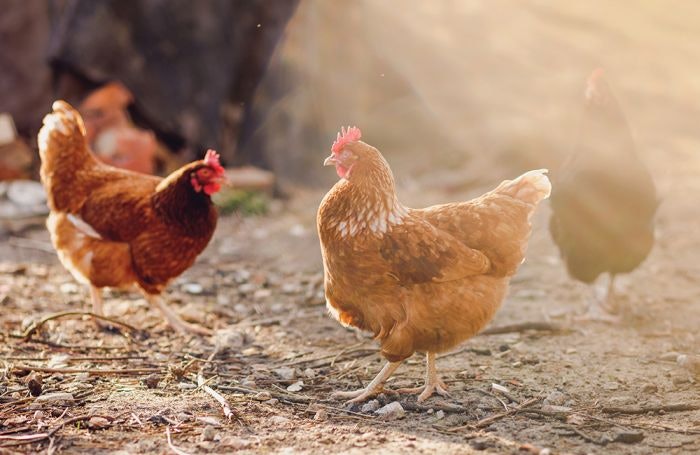Raising chickens is a rewarding experience. As a chicken enthusiast, ensuring your flock’s health is a top priority. One common issue poultry owners face is parasites. Learning how to naturally deworm chickens can help maintain your flock’s overall well-being. This article will guide you through the process, sharing tips and natural remedies to keep your chickens parasite-free.

Understanding the Importance of Deworming
Chickens, like many other animals, can be prone to internal parasites. These parasites can affect their health and productivity. It’s crucial to understand the importance of deworming and the benefits of natural methods over chemical treatments.
What are Poultry Parasites?
Poultry parasites are small creatures that live inside or on chickens. They can cause health issues, reducing egg production and overall vitality. Common parasites include roundworms, tapeworms, and cecal worms.
Signs Your Chickens May Have Worms
Recognizing the symptoms of worms in chickens is essential. Look for signs like weight loss, reduced egg production, diarrhea, and lethargy. If you notice these, it might be time to consider deworming.
Benefits of Natural Deworming Methods
Using natural methods to deworm your chickens has several advantages. It reduces the risk of chemical residues in eggs and meat and is often less stressful for the birds.
Why Choose Natural Remedies?
Natural remedies for deworming are safer for both chickens and their caretakers. By avoiding harsh chemicals, you can maintain a more sustainable and organic farming environment.
Effective Natural Dewormers
Several natural substances can help keep your chickens worm-free. Here are some effective options:
Garlic
Garlic is a powerful natural dewormer. Adding crushed garlic to your chickens’ water can help repel parasites. Learn more about herbs safe for chickens to expand your natural remedy toolkit.
Pumpkin Seeds
Pumpkin seeds contain cucurbitacin, a compound that paralyzes parasites. Feeding pumpkin seeds to chickens can help naturally expel worms.
Diatomaceous Earth
Food-grade diatomaceous earth can be sprinkled in chicken feed. It works by dehydrating and killing internal parasites.
Implementing a Natural Deworming Routine
Creating a routine can help ensure your chickens remain healthy and parasite-free. Consistency is key when using natural dewormers.
Setting a Schedule
Regularly scheduled deworming is crucial. Aim for at least every three to six months, depending on the size of your flock and exposure risk.
Monitoring Your Flock
Keep a close eye on your chickens for any signs of worms. Early detection is vital to prevent serious health issues.
Additional Tips for a Healthy Flock
Beyond deworming, there are other practices to keep your chickens healthy. For instance, maintaining clean and dry living conditions can prevent many health problems.
Boosting Immunity
Strengthening your chickens’ immune systems can help them fight off parasites naturally. Consider incorporating ways to boost chicken immunity into your routine.
Proper Nutrition
A balanced diet is essential for healthy chickens. Ensure your flock receives all necessary nutrients to support their overall health.
Conclusion
Learning how to naturally deworm chickens is an integral part of maintaining a healthy flock. By using natural remedies and establishing a consistent routine, you can protect your chickens from parasites and ensure they lead long, productive lives.

Frequently Asked Questions
Can I use garlic and pumpkin seeds together?
Yes, combining garlic and pumpkin seeds can enhance the effectiveness of your natural deworming routine.
How often should I check my chickens for worms?
Regular inspections should be part of your routine, ideally every few weeks, to catch any signs of infestation early.
What are some other natural remedies?
Besides garlic and pumpkin seeds, herbs like oregano and thyme can also be beneficial. Explore more about natural dewormers to expand your options.
This article contains affiliate links. We may earn a commission at no extra cost to you.











